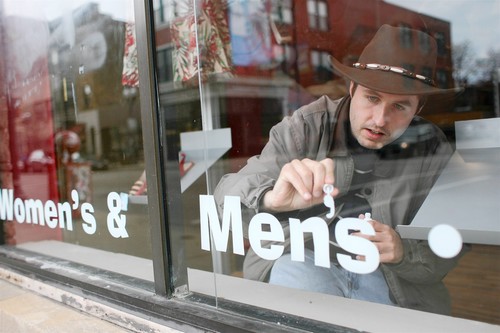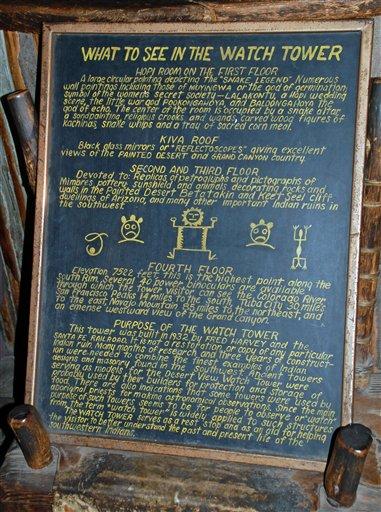I’ve been yelling at the radio about this more loudly and more often recently, since the press coverage has increased in The Supremes’ current term.
The issue is whether or not it is constitutionally cool for law enforcement to attach a GPS device to a vehicle without a warrant and then surveil that vehicle indefinitely.
It seems like such a softball question. OF COURSE YOU NEED A FUCKING WARRANT! WHAT IN THE HELL IS THE MATTER WITH YOU?
And this is how my mornings with the radio have gone.
Radio Personality: …argued that no warrant would have been required to follow Antoine Jones using human beings.
Me: 24 HOURS A DAY? FOR A MONTH? HOW MUCH WOULD THAT HAVE COST? AND JUSTIFIED ON WHAT BASIS?
Radio Personality: …arguing that, in instances where law enforcement did not have the requisite probable cause to get a warrant, the GPS surveillance could be used to help obtain that probable cause.
Me: THE SURVEILLANCE IS TO GET THE PROBABLE CAUSE? WHAT THE FUCK? ARE WE LIVING IN RAND MCNALLY, WHERE THEY WEAR HATS ON THEIR FEET AND HAMBURGERS EAT PEOPLE?
Radio Personality: …Dreeben, representing the Department of Justice, cited Katz, the ruling that people have no reasonable expectation to privacy on public roadways.
Me: BUT DUDE, IT’S MY CAR! YOU CAN’T JUST START ATTACHING SHIT TO MY CAR! DO I HAVE NO REASONABLE EXPECTATION THAT YOU WILL NOT ATTACH STUFF TO MY PANTS BECAUSE I BROUGHT THEM WITH ME INTO PUBLIC?
Radio Personality: No.
And so on.
Today, The Supremes ruled unanimously that the installation of GPS devices did, in fact, require a warrant (full opinion, PDF). And they did so in basically the narrowest, most tepid way possible. Justice Scalia, representing the majority, basically said that the act of trespass that occurs in the device’s installation constitutes a “search,” which is why it falls afoul of the Fourth Amendment.
If this ruling were an erection, Scalia would be saying, “This has never happened to me, baby. I guess I shouldn’t have eaten that second piece of pie.”
Justice Alito, in more tumescent counterpoint, wrote:
The court’s reasoning largely disregards what is really important (the use of a GPS for the purpose of long-term tracking) and instead attaches great significance to something that most would view as relatively minor (attaching to the bottom of a car a small, light object that does not interfere in any way with the car’s operation).
And I could not agree with Justice Alito more. While law enforcement attaching stuff to my car pisses me off, the physical surveillance mechanism is the least problematic part of the practice. Alito continues:
“…physical intrusion is now unnecessary to many forms of surveillance. With increasing regularity, the Government will be capable of duplicating the monitoring undertaken in this case by enlisting factory- or owner-installed vehicle tracking devices or GPS-enabled smartphones.
Per Justice Scalia, though, spectacularly and willfully kicking the can down the road, “The present case does not require us to answer that question.”

